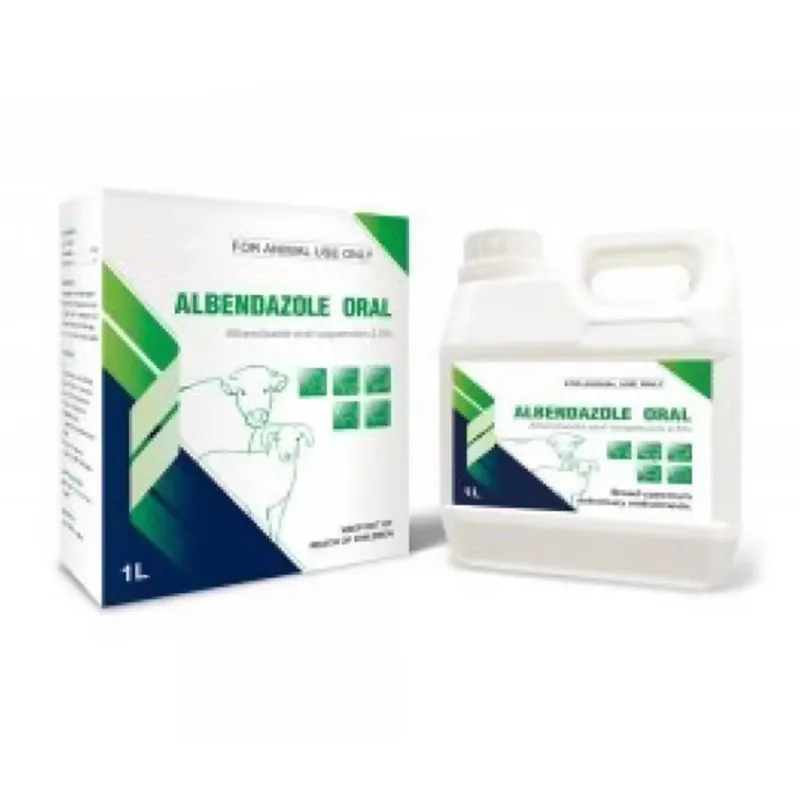- Afrikaans
- Albanian
- Amharic
- Arabic
- Armenian
- Azerbaijani
- Basque
- Belarusian
- Bengali
- Bosnian
- Bulgarian
- Catalan
- Cebuano
- Corsican
- Croatian
- Czech
- Danish
- Dutch
- English
- Esperanto
- Estonian
- Finnish
- French
- Frisian
- Galician
- Georgian
- German
- Greek
- Gujarati
- Haitian Creole
- hausa
- hawaiian
- Hebrew
- Hindi
- Miao
- Hungarian
- Icelandic
- igbo
- Indonesian
- irish
- Italian
- Japanese
- Javanese
- Kannada
- kazakh
- Khmer
- Rwandese
- Korean
- Kurdish
- Kyrgyz
- Lao
- Latin
- Latvian
- Lithuanian
- Luxembourgish
- Macedonian
- Malgashi
- Malay
- Malayalam
- Maltese
- Maori
- Marathi
- Mongolian
- Myanmar
- Nepali
- Norwegian
- Norwegian
- Occitan
- Pashto
- Persian
- Polish
- Portuguese
- Punjabi
- Romanian
- Russian
- Samoan
- Scottish Gaelic
- Serbian
- Sesotho
- Shona
- Sindhi
- Sinhala
- Slovak
- Slovenian
- Somali
- Spanish
- Sundanese
- Swahili
- Swedish
- Tagalog
- Tajik
- Tamil
- Tatar
- Telugu
- Thai
- Turkish
- Turkmen
- Ukrainian
- Urdu
- Uighur
- Uzbek
- Vietnamese
- Welsh
- Bantu
- Yiddish
- Yoruba
- Zulu
nov . 30, 2024 08:55 Back to list
Ivermectin Injection Use and Safety Guidelines for Cats
Ivermectin Injection for Cats A Comprehensive Overview
Ivermectin is a widely used antiparasitic medication that has gained popularity among pet owners and veterinarians alike for treating various parasitic infections in cats. Originally developed as an anti-parasitic agent for livestock, its safety and efficacy in small animals, including cats, have made it a staple in veterinary medicine. This article aims to provide a detailed overview of the use of ivermectin injection for cats, covering its applications, dosage, potential side effects, and important considerations for pet owners.
Understanding Ivermectin
Ivermectin belongs to a class of drugs known as avermectins, which are derived from a soil bacterium called *Streptomyces avermitilis*. It functions by interfering with the nervous system and muscle function of parasites, leading to paralysis and death of the organisms. Common parasites that ivermectin can effectively target include mites, fleas, ticks, and some types of worms.
Applications of Ivermectin Injection
The primary use of ivermectin injections in cats is to treat parasitic infections. It is particularly effective against
- Ear Mites These tiny parasites can cause itching and inflammation in the ears of cats. Ivermectin effectively eliminates these infestations. - Demodicosis Caused by the Demodex mite, this skin condition leads to hair loss and skin irritation. Ivermectin can help clear these mites from the cat's skin. - Flea and Tick Infestations While ivermectin is not typically the first-choice treatment for fleas, it can act as an adjunct to other treatments in severe infestations. - Certain Worms Ivermectin is also effective against some types of internal parasites, mainly in diagnosed infections.
Dosage and Administration
The dosage of ivermectin for cats varies based on the specific condition being treated, the severity of the infestation, and the weight of the cat. Typically, the dosage ranges from 200 to 600 micrograms per kilogram of body weight. However, it is crucial for pet owners to consult with a veterinarian before administering the medication to ensure the correct dosage and method of administration.
ivermectin injection for cats

Ivermectin injections are usually administered subcutaneously (under the skin) or via intramuscular injection. While owners may be tempted to treat their pets at home, it is highly recommended to have a veterinarian perform the injection to ensure proper technique and monitor for any adverse reactions.
Potential Side Effects
While ivermectin is generally considered safe when used correctly, some cats may experience side effects. These can include
- Vomiting Some cats may have a sensitivity to the medication, leading to gastrointestinal upset. - Lethargy A temporary decrease in energy levels may occur after administration. - Neurological Symptoms In rare cases, excessive dosing can lead to neurological issues such as tremors, disorientation, or seizures. This is more likely to occur in certain breeds, such as collies, which may have a genetic sensitivity to ivermectin.
It is critical to monitor your cat after administration. If any severe side effects occur or if you are concerned about your pet's reaction, seek veterinary attention immediately.
Special Considerations
When considering ivermectin for your cat, it is essential to inform your veterinarian of any other medications or treatments your cat may be receiving, as drug interactions could occur. Additionally, pregnant or nursing cats should only receive ivermectin under veterinary supervision, as the effects on developing kittens are not well understood.
Conclusion
Ivermectin injection can be a highly effective treatment for various parasitic infections in cats when used appropriately under veterinary guidance. Pet owners should always consult with their veterinarian to determine the best treatment plan, ensuring the health and well-being of their beloved feline friends. As with any medication, understanding proper usage, potential side effects, and the importance of professional oversight is critical to achieving the best results in managing your cat's health.
-
Guide to Oxytetracycline Injection
NewsMar.27,2025
-
Guide to Colistin Sulphate
NewsMar.27,2025
-
Gentamicin Sulfate: Uses, Price, And Key Information
NewsMar.27,2025
-
Enrofloxacin Injection: Uses, Price, And Supplier Information
NewsMar.27,2025
-
Dexamethasone Sodium Phosphate Injection: Uses, Price, And Key Information
NewsMar.27,2025
-
Albendazole Tablet: Uses, Dosage, Cost, And Key Information
NewsMar.27,2025













